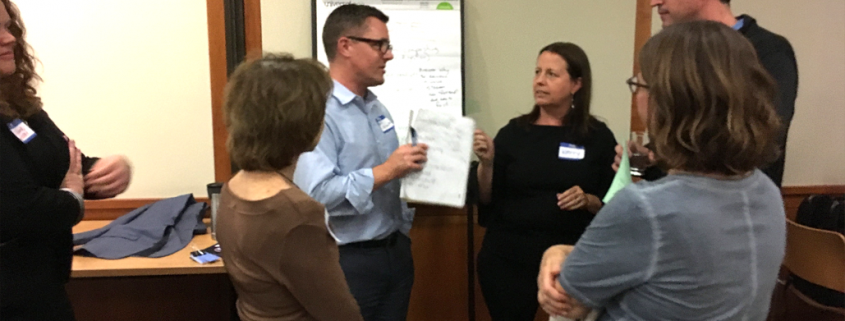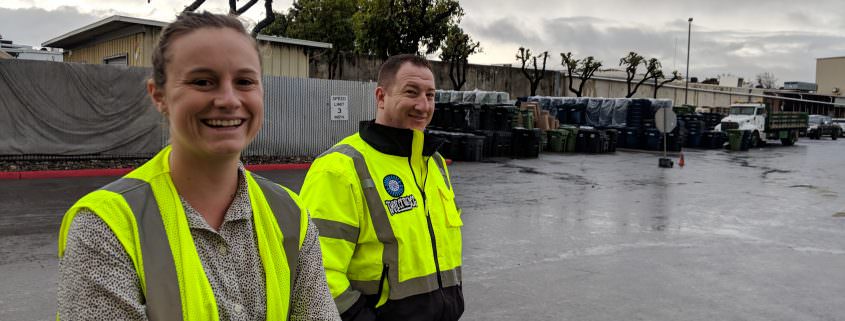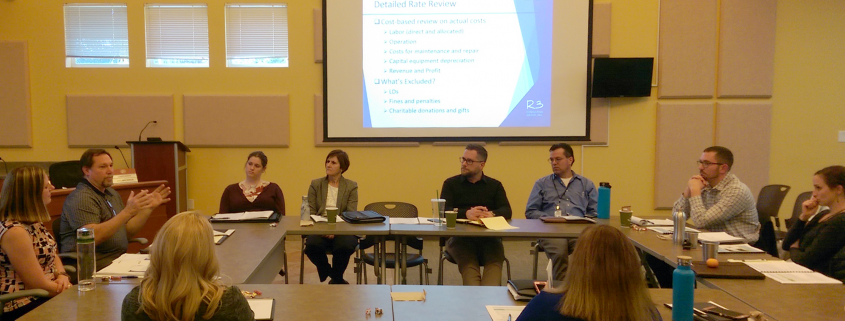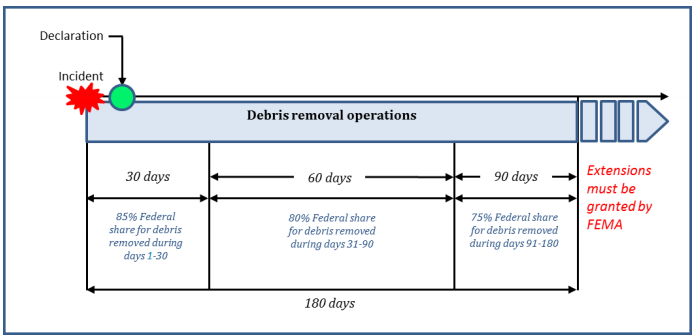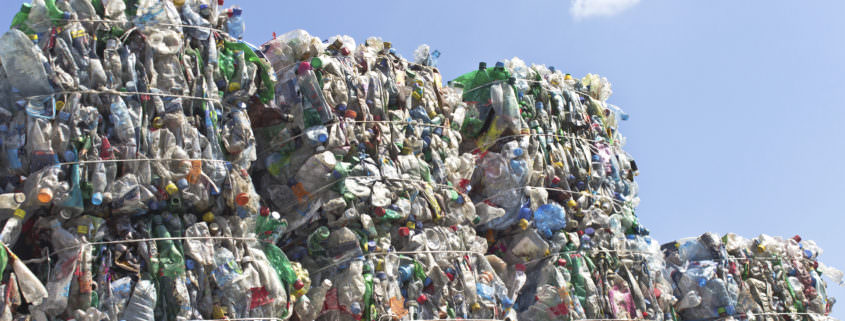Zero Waste Plan & Community Engagement
The City of Menlo Park (City) engaged R3 (with subconsultants Abbe & Associates and Cascadia Consulting Group) to assist in the creation of a comprehensive Zero Waste Plan (Plan). Motivation to create a Zero Waste Plan stemmed from implementation of the City’s Climate Action Plan, which named zero waste as a key strategy for reaching the community’s goal of reducing greenhouse gas emissions by 27% by the year 2020 from 2005 levels.
R3 developed a comprehensive Plan that provided a guide to residential, commercial, and City programs, and included cost estimates for the proposed Zero Waste programs to be incorporated into the rate structure. R3 also prepared an economic analysis and implementation plan, highlighting the Zero Waste Plan steps for 5-, 10-, and 20-year milestones, as identified by the City.
In an effort to engage the community in the important decisions coming before the City Council, R3 also designed a robust Community Engagement Process to allow residents and businesses to learn about the Zero Waste draft policy and draft rate structure, ask questions, and provide input before they went on to the City Council. This included designing an outreach strategy, providing content to be presented in the City’s specific marketing format, facilitating two public workshops, and presenting at community engagement meetings.
The City successfully adopted R3’s Plan and approved solid waste rate funding of $300,000 annually for Plan implementation services, which R3 is currently providing.
Rate Restructure Analysis & Revision
R3 was tasked by the City to develop a revised rate structure to calculate rates based on cost-of-service information provided by the City’s franchised hauler (Recology). R3 facilitated a transparent rate setting process, producing rates which aligned to cost-of-service and supported the City’s Zero Waste goals by preserving incentives to divert solid waste from landfill, including financial incentives for waste reduction.
The rate structure developed by R3 achieved several objectives, including:
- Development of an incremental methodology to move rates towards a cost-of-service rate model that aligned rates more closely with the fixed and variable costs of providing solid waste collection, transfer, processing, diversion and disposal services;
- Preservation of incentives to divert solid waste from landfill, including financial incentives for waste reduction;
- Avoidance of higher-than-necessary rate impacts to small-quantity waste generators, resulting from aligning rates with the cost-of-service by keeping certain rates flat, rather than reducing them; and
- Ease of future implementation during rate-setting processes, including the ability to conduct annual indexed adjustments (not subject to Prop 218) as well as the potential for City administration of the rate setting process (or, at least, minimum consultant involvement).
One innovative aspect of the methodology is the calculation of rates based on a set annual contractor compensation amount – which is adjusted annually based on indexes and other straightforward factors – and current subscription levels for solid waste container sizes and frequency. This approach has the effect of adjusting for customer account “migration” in collection container subscription levels (reduced volume and/or frequency) on an annual basis, and also allows for rate adjustments that are specific to each container size, and not a universal percentage increase to all container sizes. This is important because over time, universal application of increases has the effect of widening the gap between the rates for larger vs. smaller subscription levels, which creates a positive feedback loop of further migration yielding greater rate increases, further widening of the rate gap, and so on.
Another key aspect of this methodology is that it provides a means of calculating rates for services related to each of the primary solid waste streams (generally including recycling, organics, and garbage/trash). Calculating rates for each of these three service areas is important, as it demonstrates to policy makers and ratepayers that there are costs for providing diversion services (recycling and organics) and that those costs are generally comparable to landfill services (garbage/trash). Even if adopted rates are still set in keeping with current convention (i.e. based on landfill container size), setting rates based on the costs of providing diversion services establishes a logical and defensible approach to rate setting, and also provides the basis for setting rates for recycling and organics service in the future.
On-Call Solid Waste Support
R3 is currently providing on-site staff support.
Tasks include the following:
- Updating the City’s Solid Waste and C&D ordinances to require recycling and organics collection to increase diversion and meet the requirements of AB 341, AB 1826, and SB 1383;
- Developing a Reusable Foodware ordinance;
- Managing the City’s contract with Recology;
- Helping the City develop, implement, and enforce a program for their zero waste building and occupancy requirements;
- Providing on-site work one day per week;
- Conducting a bimonthly call with City Staff and R3 Staff, for the term of this agreement;
- Active tracking of permit applicants in the process;
- Active management of auditors and audit requirements;
- Reviewing and evaluating policy options for updating the City’s construction and demolition ordinance culminating in a final policy memorandum;
- Providing support for 2020 rate setting, based on the rate structure already developed by R3 for the City; and
- Other as-needed assistance.

